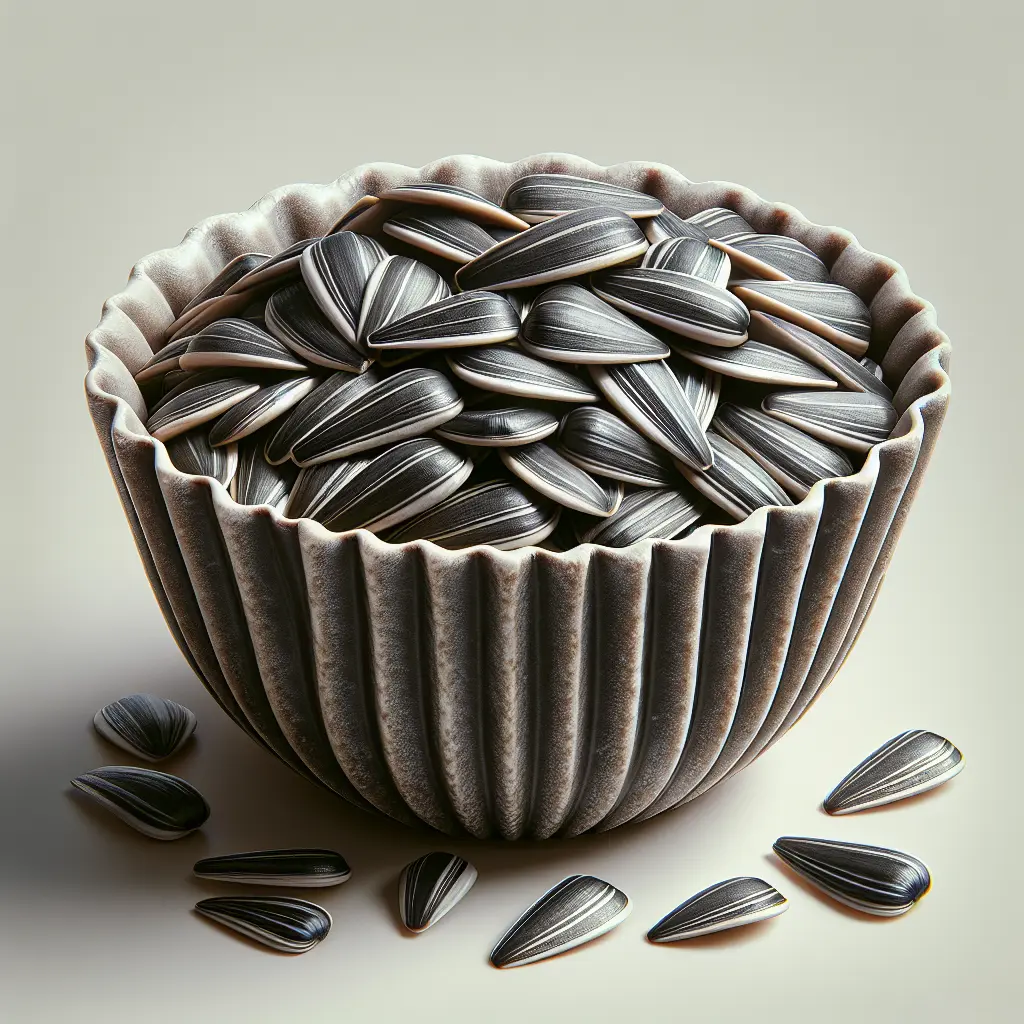Sunflower Seeds: A Nutritional Powerhouse
Sunflower seeds are a nutritional treasure trove, packing a concentrated punch of essential vitamins, minerals, and antioxidants. These tiny, versatile seeds offer a wide range of health benefits, making them a valuable addition to a balanced diet.
Macronutrient Profile
- Calories: 251 per 1 cup (in shell)
- Protein: 8.9 grams per 1 cup (in shell)
- Fat: 23 grams per 1 cup (in shell)
- Carbohydrates: 7 grams per 1 cup (in shell)
- Fiber: 4.1 grams per 1 cup (in shell)
- Sugar: 1.3 grams per 1 cup (in shell)
Micronutrient Profile
Sunflower seeds are an excellent source of essential vitamins and minerals, including:
- Vitamin E: A potent antioxidant that protects cells from damage.
- Selenium: A trace mineral crucial for thyroid function and antioxidant defense.
- Magnesium: A mineral involved in over 300 bodily functions, including muscle function and nerve transmission.
- Copper: A mineral essential for red blood cell production and immune function.
- Manganese: A mineral involved in numerous metabolic processes, including bone formation and blood sugar regulation.
Health Benefits of Sunflower Seeds
Incorporating sunflower seeds into your diet can provide numerous health benefits, including:
- Reduced Risk of Chronic Diseases: The antioxidants in sunflower seeds help protect against oxidative stress, a major risk factor for chronic diseases such as heart disease, cancer, and Alzheimer's.
- Improved Heart Health: Sunflower seeds are a good source of unsaturated fats, which can help lower LDL (bad) cholesterol and raise HDL (good) cholesterol, reducing the risk of heart disease.
- Healthy Skin and Hair: Vitamin E in sunflower seeds nourishes the skin and hair, promoting elasticity and reducing inflammation.
- Boosted Immunity: Selenium and other nutrients in sunflower seeds strengthen the immune system, protecting against infections and diseases.
- Enhanced Mood and Cognitive Function: Sunflower seeds contain tryptophan, an amino acid that can help improve mood and cognitive function.
How to Enjoy Sunflower Seeds
Sunflower seeds are a versatile food that can be enjoyed in various ways:
- Snacking: Sunflower seeds can be eaten as a healthy snack on their own or added to trail mix.
- Baking: Sunflower seeds can be used as a topping for muffins, breads, and other baked goods.
- Salads: Sunflower seeds add a crunchy texture and nutritional boost to salads.
- Smoothies: Sunflower seeds can be blended into smoothies for a creamy and nutrient-rich treat.
- Sprouts: Sunflower seeds can be sprouted and added to salads or sandwiches for an extra dose of nutrients and antioxidants.
How many calories are in Sunflower Seed?
Each 1 cup, in shell, yields of Sunflower Seed contains 251 calories.
Sunflower Seed Nutritional Information
| Nutrient | Amount per 1 cup, in shell, yields (46g) |
|---|---|
| Calories | 251 Calories |
| Protein | 8.9g |
| Fat | 23g |
| Saturated Fat | 2.4g |
| Cholesterol | 0mg |
| Carbohydrates | 7g |
| Dietary Fiber | 4.1g |
| Sugar | 1.3g |
| Sodium | 2.764mg |
| Potassium | 0.391mg |
| Calcium | 0.032mg |
| Iron | 0.0017mg |
